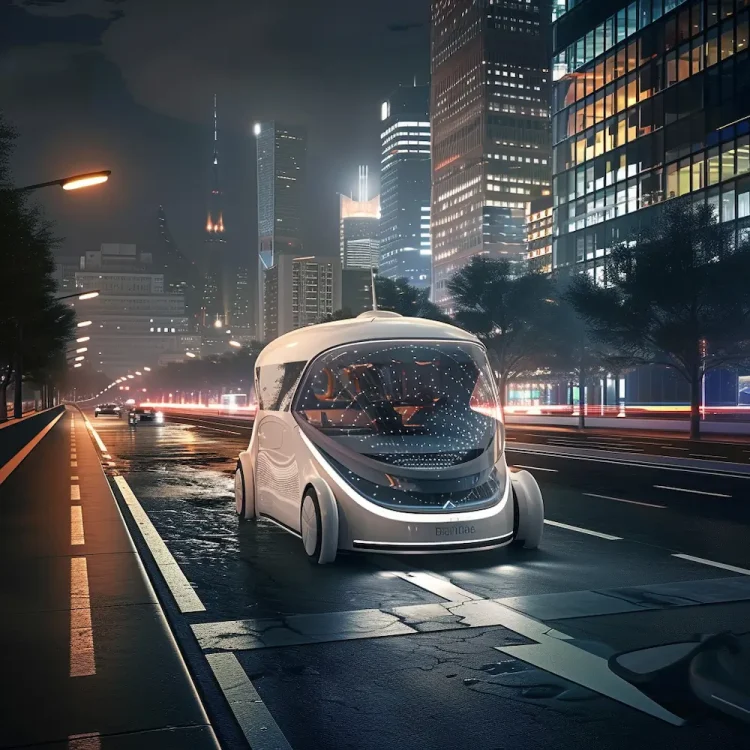In the past five years, autonomous vehicle technology has evolved from “possibly feasible” to “definitely achievable.” Waymo, which emerged from Google’s self-driving car project, officially launched its commercial self-driving service in Phoenix’s suburbs in December 2018. This milestone marked the beginning of a new era, as Waymo plans to expand its service gradually. Meanwhile, the market has seen the emergence of smaller companies like May Mobility and Drive.ai, which are developing profitable, small-scale services.
Every major car manufacturer is now investing in autonomous technology to stay competitive and modernize their brands. Companies such as Lyft and Uber are eager to replace human drivers, while tech giants like Apple, IBM, and Intel also want a share of this burgeoning industry. This 21st-century gold rush is driven by the combined forces of new opportunities and the instinct for survival. Autonomous technology is projected to add $7 trillion to the global economy and save hundreds of thousands of lives over the next few decades. However, it also threatens to disrupt the automotive industry, gas stations, engine manufacturing, taxi services, and trucking companies.
A decade ago, the concept of self-driving cars seemed far-fetched, except for those in Los Angeles witnessing driverless cars navigating real traffic. DARPA’s third autonomous vehicle competition laid the groundwork for this technology, attracting global participants to build vehicles capable of navigating California’s Mojave Desert for a $1 million prize.
Perception is the most challenging aspect of autonomous driving. Engineers rely on radar, cameras, and lidar to enable self-driving cars to perceive their environment. Companies like Tesla and numerous startups are developing sophisticated systems to enhance vehicle autonomy. The technology has advanced to a point where car manufacturers can no longer ignore it, leading to significant investments from Ford, General Motors, Nissan, and others.
The future of autonomous vehicles is not just about the cars themselves but about the broader system and collection of innovations they represent. This technology promises cheaper, safer travel and the potential to revolutionize various industries, creating new jobs and economic opportunities. The autonomous vehicle revolution is underway, set to transform our world profoundly.









